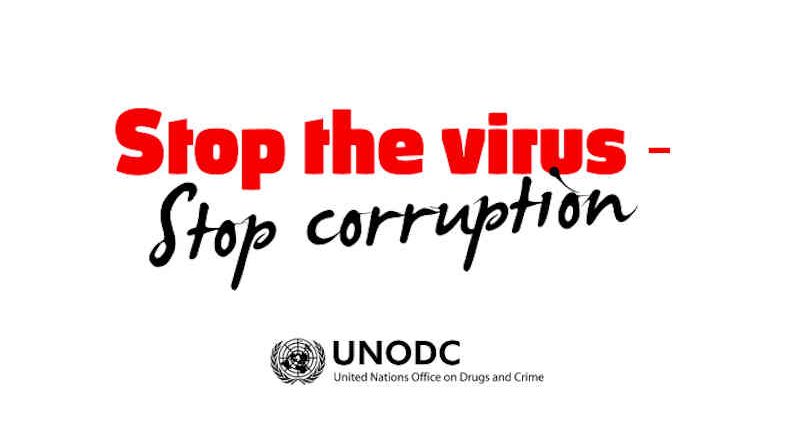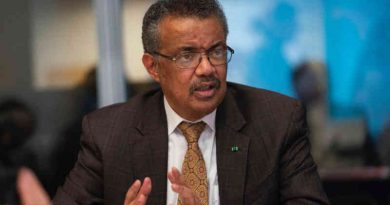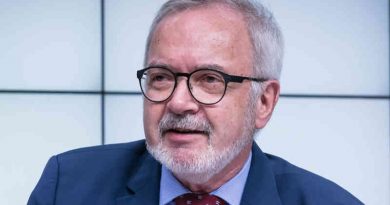IMF Calls for Transparency in Covid Spending to Combat Corruption

The corruption risks must be identified and mitigated by public institutions to help advance access to safe and effective Covid-19 vaccines.
According to the International Monetary Fund (IMF), governments around the world are playing a crucial role in providing lifelines to people and firms to help combat the Covid-19 pandemic and its economic fallout. To support the effectiveness of these efforts, IMF says, it is important that such spending be subject to adequate transparency and accountability.
To this end, the IMF has called for ensuring transparency and accountability in pandemic-related spending, so that the money and measures help the people who need it most, using the adage, “spend what you must, but keep the receipts.”
The IMF presses for better governance through greater transparency, and has sought specific governance measures for countries receiving IMF financing during the crisis. These include commitments to publish pandemic-related procurement contracts and the beneficial ownership of companies awarded these contracts, as well as Covid-19 spending reports and audit results.
According to the IMF, the measures are tailored to country circumstances and the severity of corruption risks. In addition, all recipient countries commit to undertake a Safeguards Assessment—a due diligence exercise that is aimed at ensuring that a country’s central bank is able to provide reliable information and transparently manage the funds that it receives from the IMF.
Addressing corruption is a long game, IMF says, adding that these emergency spending measures are not silver bullets and will only go so far in addressing deeper challenges.
The longer-term governance and corruption vulnerabilities will continue to be addressed under the IMF’s broader 2018 Framework for Enhanced Fund Engagement on Governance, with a focus on multi-year IMF lending arrangements, annual health checks of IMF member countries, and capacity development.
With Covid-19 vaccines being approved for use in different parts of the globe, the scale and complexity of their manufacture, allocation and distribution globally will be unprecedented. This will also present corruption risks that may threaten vital public health goals.
The corruption risks must be identified and mitigated by public institutions to help advance access to safe and effective Covid-19 vaccines. The United Nations Convention against Corruption (UNODC) provides a global framework for these efforts.
UNODC experts in the implementation of the United Nations Convention against Corruption, who are specialized in the subject matter, are based both at its headquarters in Vienna and in a network of field-based advisers. They can provide technical assistance to States parties to the Convention in diverse areas to combat corruption.





